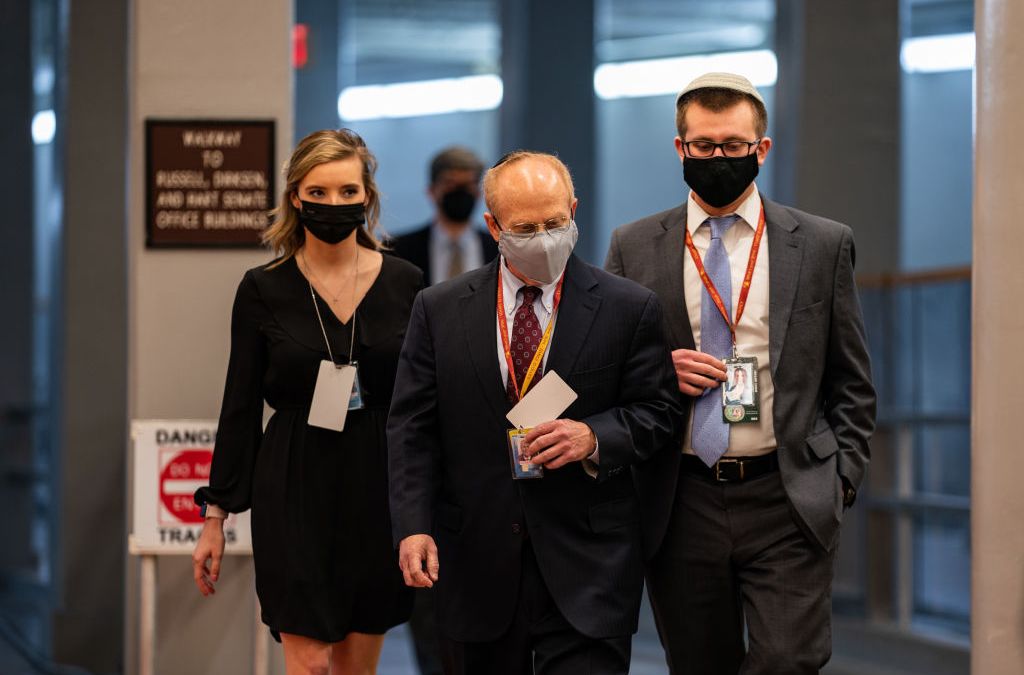Today Friday, it will be the turn of the defense of former President Donald Trump on the fourth day of second political trial against him on a charge of “incitement to insurrection” for the bloody attack on the Capitol on January 6, where there were five deaths and dozens of injuries and arrests.
Trump’s defense will take the Senate stand to argue that, while terrible, the attack was not the work of the former president. Attorneys will have 16 hours to present their arguments.
The process could culminate with a vote this weekend by the senators, who serve as jury.
The democrats, who have little hope of winning a conviction by two-thirds of a Senate divided exactly in half, are also making their case to the American people.
Meanwhile, lawyers for Trump and Republicans focus more on the legal than on emotional or historical issues, hoping to put all of this in the past as quickly as possible.
Five people died from the assault on the Capitol and its aftermath.
Impeachment prosecutors ended their presentation Thursday, asking if former President Trump’s conduct, in what they see as incitement to insurrection, is not open to challenge, so what is it?
Trump’s second impeachment trial, on the charge of inciting an insurrection, is similar to the process he faced last year over his relations with Ukraine, and prosecutors are warning the Senate that Trump has shown he is limitless and represents a constant danger to public order unless convicted.
Even outside the White House, the ex-president has great influence over a huge number of voters.
Democratic representatives serving as prosecutors drew a straight line between Trump’s repeated comments condoning and even celebrating the violence – praising “both parties” after a white supremacist march in Charlottesville, Virginia, in 2017 – and the comments with which he urged his supporters last month to head to the Capitol and fight for his presidency.
Randy Serrano has the information.
He propagated false claims of voter fraud and asked his followers to “stop the theft” of his presidency.
Prosecutors used the same videos protesters recorded that day to hold Trump accountable. “We were invited here,” said one of them. “Trump sent us,” said another. “He is going to be happy. We are fighting for Trump. ”
Democratic lawmakers who serve as “prosecutors” in the impeachment of former President Trump sought to show Thursday that if he is acquitted, he could again cause violence or serve as an inspiration to other officials or leaders in the future.
Senate Majority Leader Chuck Schumer (D-NY) and Alaska Republican Senator Lisa Murkowski describe the videos presented by House managers as heartbreaking and disturbing, respectively.
To this end, the “prosecutors” emphasized the lack of remorse shown by Trump before the assault on the Capitol on January 6 to request his disqualification from holding public office in the future.
Trump “spread lies to incite the violent attack against the Capitol, our security forces and all of us, and then he lied back to his base to tell them that it was all right, that this was all acceptable,” said one of the “prosecutors” , Ted Lieu, during his speech in the Senate, where the “impeachment”, as the political trial is called in English, takes place.

